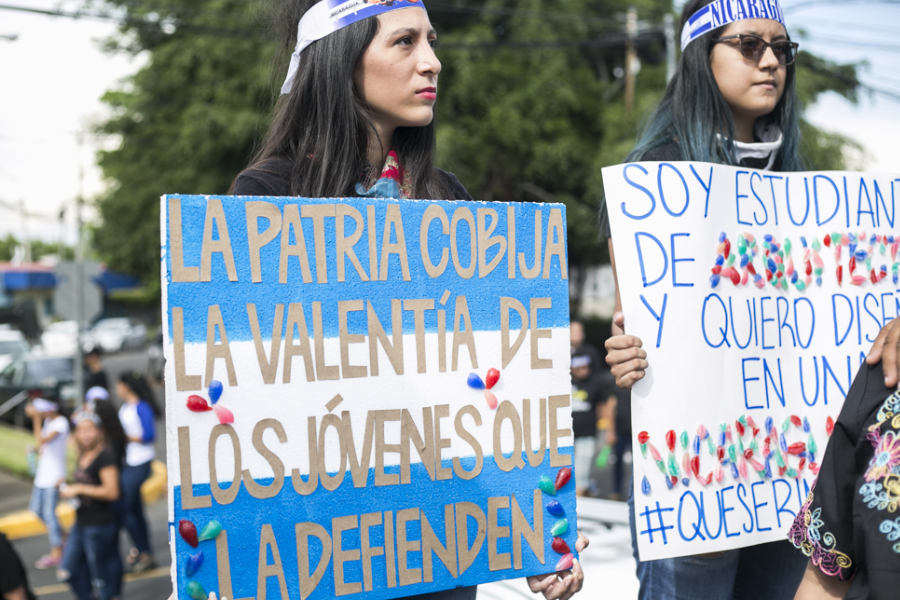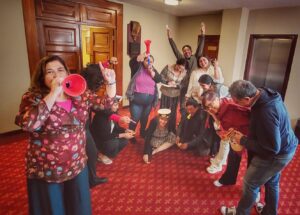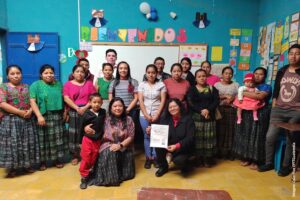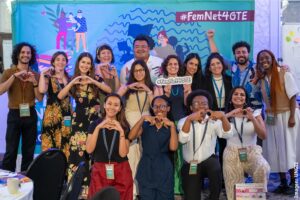A thematic roundtable on higher education was established within the coalition to strengthen the capacities of young people as leaders of student movements
In Nicaragua, the national coalition Education and Human Development Forum of the Initiative for Nicaragua (FEDH-IPN) has forged an alliance with students from different universities in the country, as well as organizations and youth groups, to prepare the study “Youth Participation and Processes of Social Transformation: Implication, Impact, Challenges and Commitments “. The study, still under development, seeks to systematize the participation of organized youth in regards to sociopolitical contexts of social transformation and in the creation of new educational paradigms.
As a result of this process, a “Thematic Roundtable on Higher Education” was established within the coalition to strengthen the capacities of young people as leaders of student movements, for university autonomy, and to promote their active participation in the university system. Likewise, the initiative seeks to delineate response and protection strategies to the violent repression of social protests that began in April 2018.
The FEDH-IPN is also encouraging the participation and involvement of young people in the development of the alternative civil society report that will be presented by the coalition to the United Nations Human Rights Council during the Universal Periodic Evaluation (UPR) of the State of Nicaragua, to be held in May 2019.
“The coalition hopes to promote and demand the fulfillment of an active social participation and the human right to education, especially focusing on higher education and its autonomy, as well as denouncing the violations to human rights and social protest”, says Jorge Mendoza, coordinator of FEDH-IPN.
What is UPR?
The UPR is a justiciability mechanism promoted by the UN Human Rights Council, to review the situation of human rights across the world. It provides the opportunity to review the persisting challenges faced, in a country, to achieve equal and universal rights.
The process starts with the presentation of an official national report about the situation of the realization of rights in the country, and this is studied by other UN Member States. After the analysis of the official report, Member States make recommendations to the country under review, which can accept making the commitment to comply with them or “take note” of them, without taking measures in this regard. Recommendations must be implemented before the next review of the country, five years later.
Civil society can participate in this process and make contributions to the official government report for review, by preparing alternative reports and presenting them to the Human Rights Council as additional inputs, talking to delegations of the Member States that are making the recommendations and following up their implementation. Learn more about the UPR





